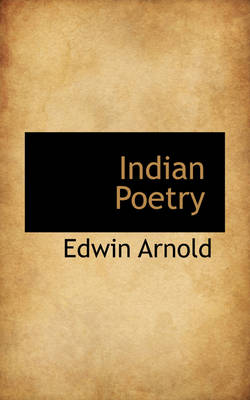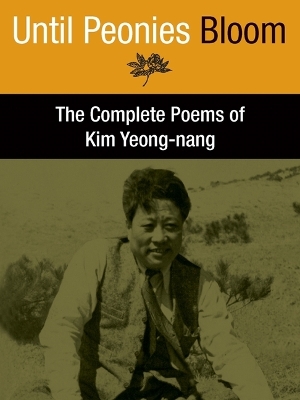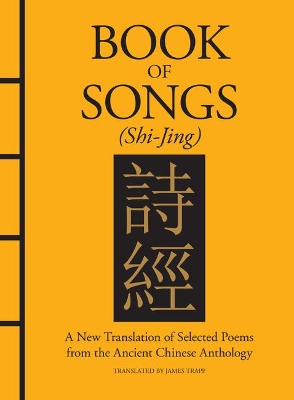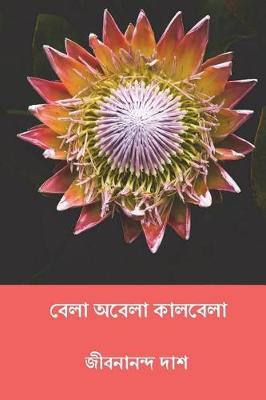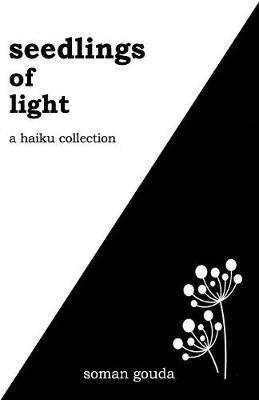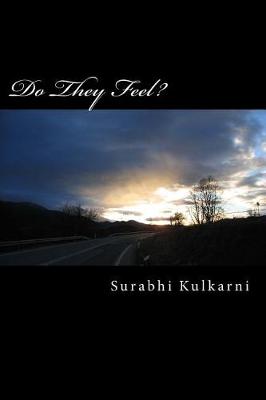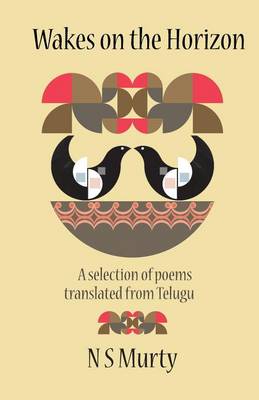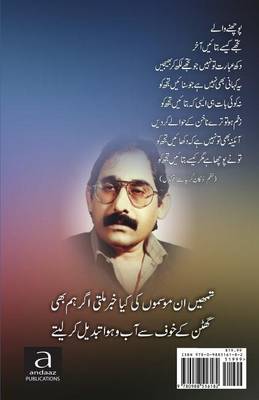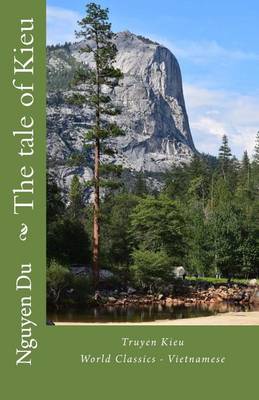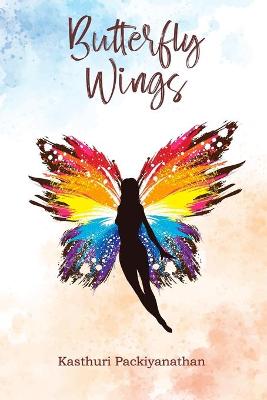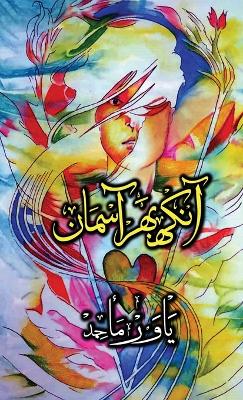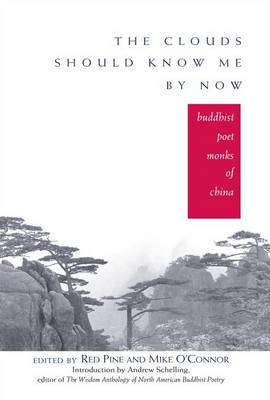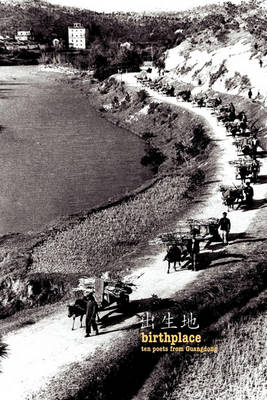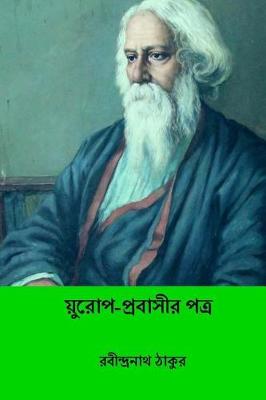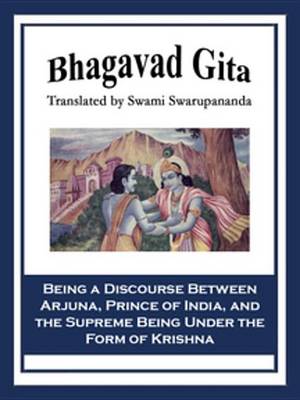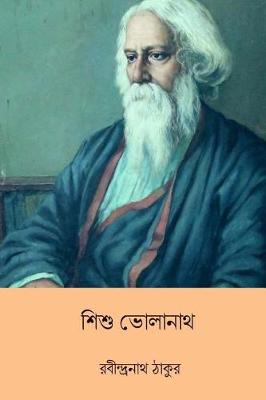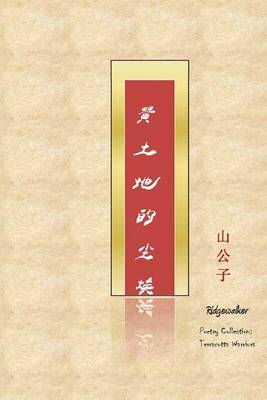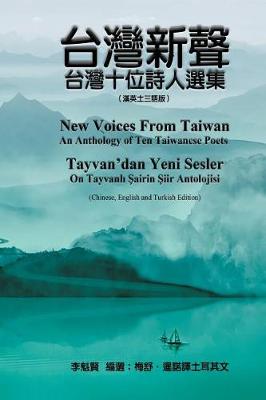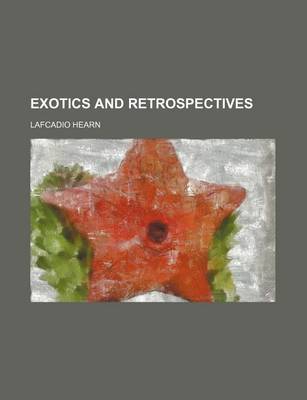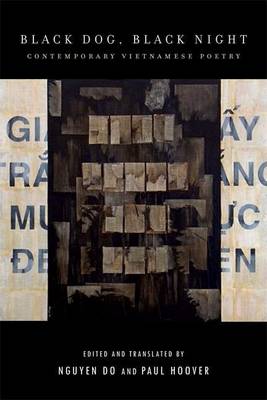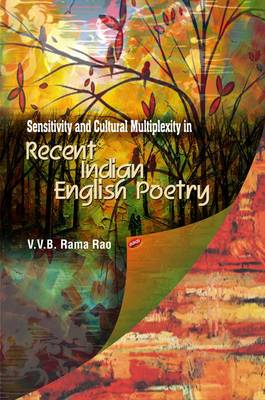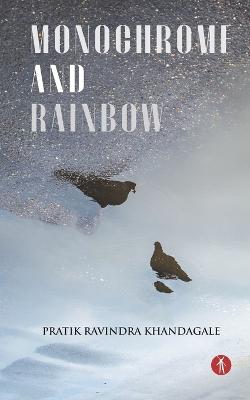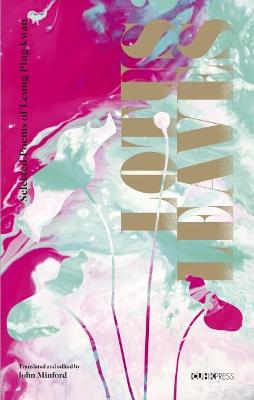Kim Yeong-nang (1903-1950) is highly reputed in Korea for the delicate lyricism of his poems. Yet in many ways he has remained little known, even in Korea, limited to a small number of often anthologized poems. Although he was a resolute opponent of Japanese colonial rule, he did not suffer frequent imprisonment, or death, so his role as a champion of Korean independence has largely been ignored. Killed in bombing near the start of the Korean War, he had no time to participate in the development...
Claimed by some to have been compiled by Confucius in the 5th century BCE, the Book of Songs is an ancient anthology of Chinese poetry. Collecting poems over a number of centuries, the anthology - sometimes known as the Classic of Poetry (or Shi-jing) - is the oldest existing collection of Chinese poetry, comprising 305 works dating from the 11th to 7th centuries BCE. Some poems are shorter lyrics in simple language that are folk songs which record the voice of the common people, addressing love...
Since its publication in the early nineteenth century, this long narrative poem has stood unchallenged as the supreme masterpiece of Vietnamese literature. Thong's new and absorbingly readable translation (on pages facing the Vietnamese text) is illuminated by notes that give comparative passages from the Chinese novel on which the poem was based, details on Chinese allusions, and literal translations with background information explaining Vietnamese proverbs and folk sayings.
The Bhagavad-Gita is the Gospel of Hinduism, and one of the great religious classics of the world. Its simple, vivid message is a daily inspiration in the lives of millions throughout the world and has been so for countless generations.
Exotics and Retrospectives (Lafcadio Hearn Library, v. 5)
by Lafcadio Hearn
Black Dog, Black Night: Contemporary Vietnamese Poetry
by Paul Hoover
Sensitivity and Cultural Multiplexity in Recent Indian English Poetry
by RAO
Lotus Leaves - Selected Poems of Leung Ping Kwan (Hong Kong Literature)
by Leung Ping Kwan
Leung Ping?kwan is one of Hong Kong's most acclaimed poets. His poems display a unique blend of the literary and the down?to?earth, the modern and the traditional, the serious and the humorous, the local and the universal. He wrote, 'I want to write a kind of modern poetry that does not have to turn away from the world we live in, that rethinks the relationship between language and objects...' This collection has been carefully curated, and is arranged under ten thematic sections: Lotus Leaves,...
